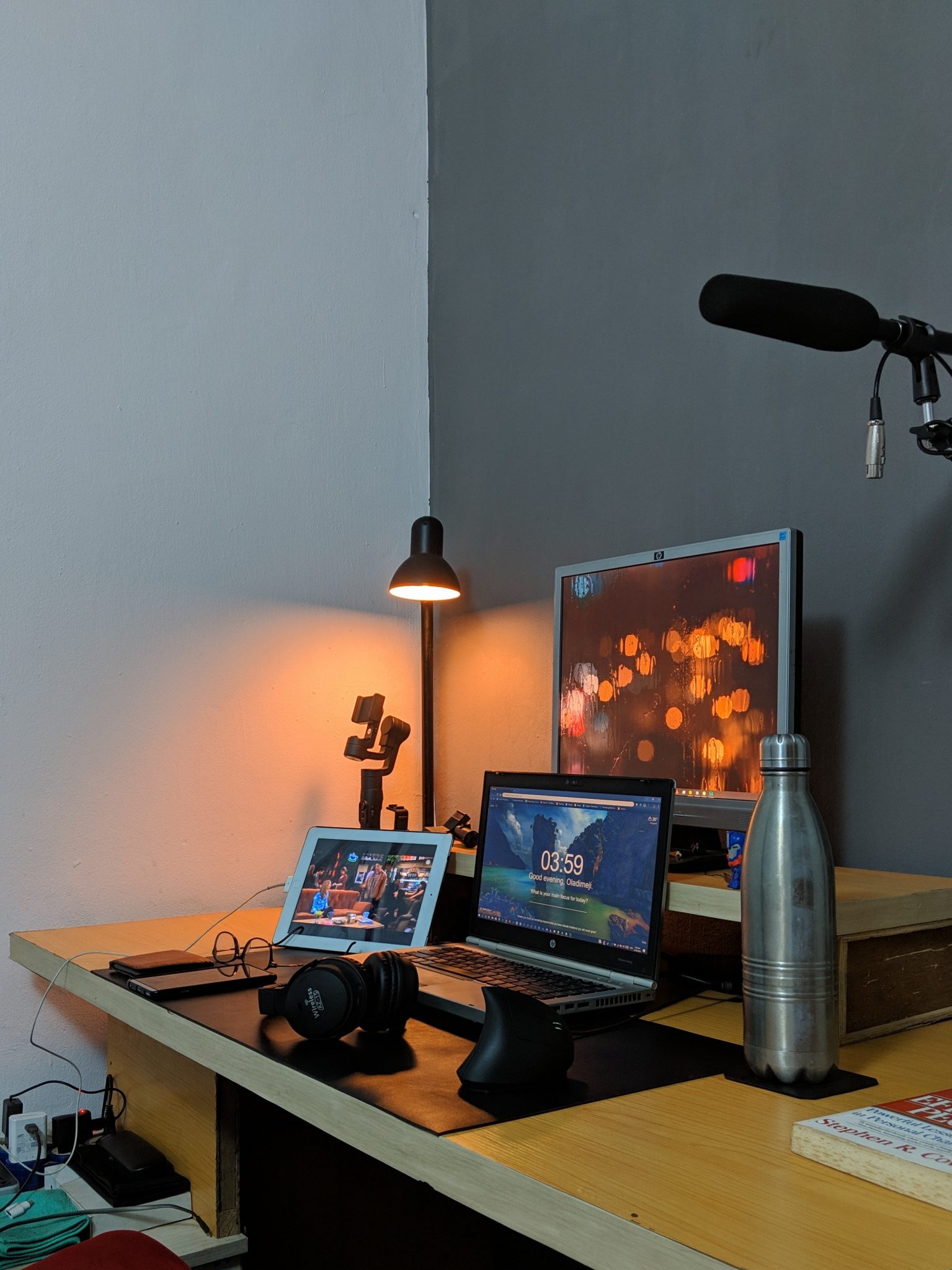As the number of people infected with COVID-19 continues to grow in the UK, and with directions from government, companies are now rapidly reassessing policies and frantically trying to support home working as an alternative to keep as close to ‘business as usual’ as possible.
Not just a trend, flexible working is the greatest perk
Coronavirus aside, flexible and remote working is becoming more and more prevalent. According to the ONS, in 2015 4.2 million UK employees worked remotely, and recent data from Lloyds Bank pinned that figure at around 8 million.
Flexible working increasingly suits the modern workforce, and evidence suggests that remote workers are happier than their commute-tired counterparts. Despite the demand and the wide availability of tech that allows for team collaboration, working from home is still often resisted by many business owners. However, all this looks likely to change.
What’s driving the change?
Let’s not brush aside the fact that we have been working the eight-hour day since the Industrial Revolution. We need to shake-off archaic mindsets and understand that the benefits outweigh the so called ‘hassle’ of implementing. Today a flexible workforce can boost productivity, increase growth and more importantly it can help retain skills in the business, attract valuable employees and reduce property costs.
What next?
Back to the Coronavirus. What happens when it eventually wanes? Bring on that day, and fast – but will organisations be able to return to fully office-based working? Once flexible working has been offered, it will be hard to take back.
Here at Social, we embrace flexible and remote working. It is not a perk, it’s an approach that works for everyone. Every member of our team can work in whatever way works for them, we are provided with safe, adaptable working practices and technology that enable us to perform our job anywhere, at any time.
And if you’re not convinced, here’s a snapshot of thoughts from the team.
Flexibility means…
Work fits in around family life – rather than the other way around
Life is much less stressful, and I worry less when inevitably my train is delayed
The ability to work around appointments without it being awkward
I can break up what would otherwise be a gruelling week of 20 hours total spent on or between trains
Teams can work in ways that are best for them. It’s not without its challenges and comes with responsibilities.
Positive mental health. To know if you don’t feel like going in you don’t have to and you can confidently get things done to the same standard from home.
Reassurance. It’s great (and a relief) knowing that when the weather and other circumstances inevitably affect my travel, it’s always treated with concern, understanding and fairness.
I can sustain commitments to hobbies outside work
Being able to pick up my children a bit earlier (so they’re not last every single day!)
Helps everyone regardless of situation, whether that’s needing to take the dog for a walk, visit elderly relatives, be more active…the impact on stress levels and mental health must be substantial.
Freedom. I know that I couldn’t continue to work in the role that I do without the support of flexible working to back it up.
Pursuing a career and being an active parent.
Security. Knowing that I can work from home as and when the need arises. As a result, I will give even more back in return. It is fantastic to be working for a company who see the value in flexible working for all its staff, no matter what stage of life they are at.


